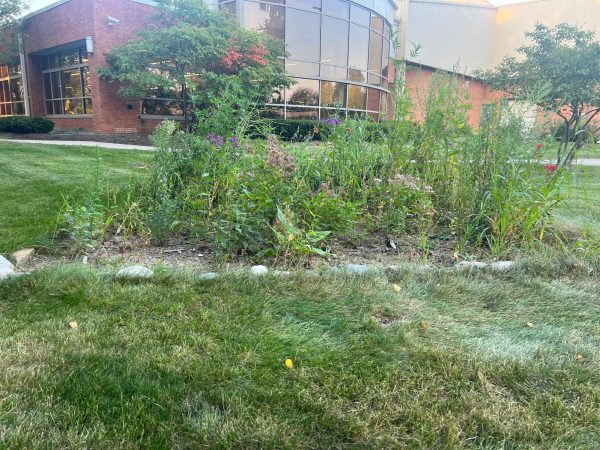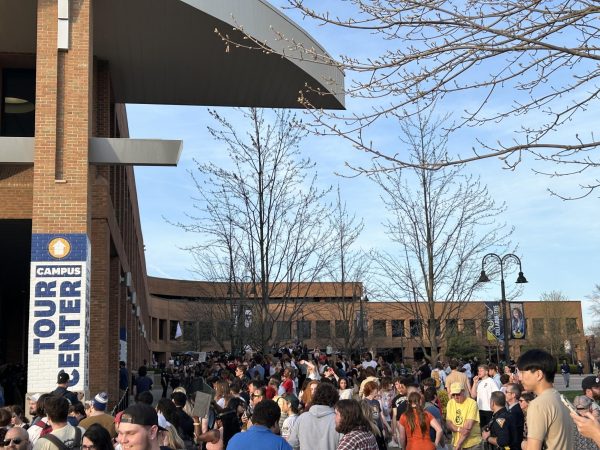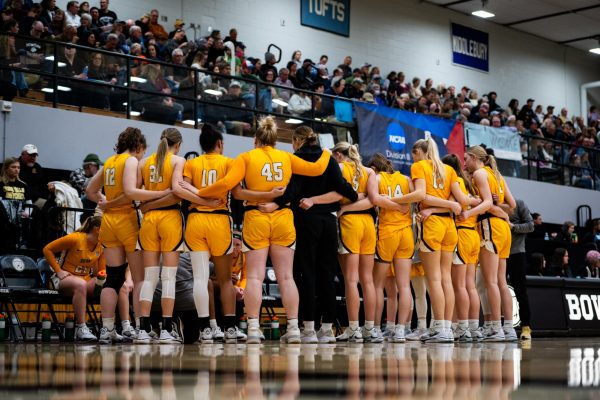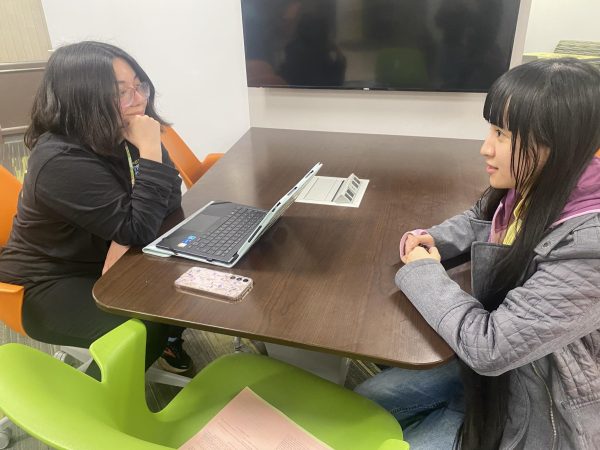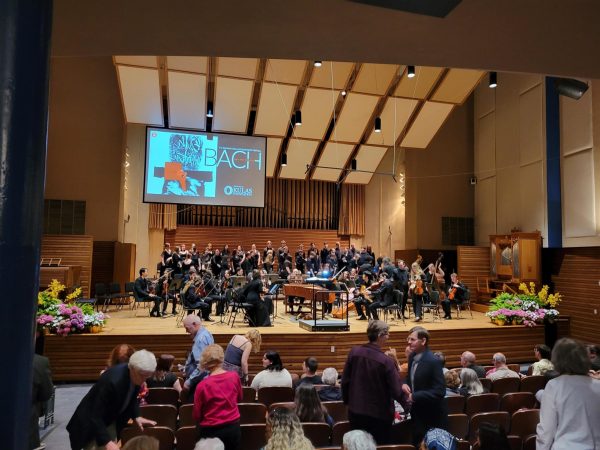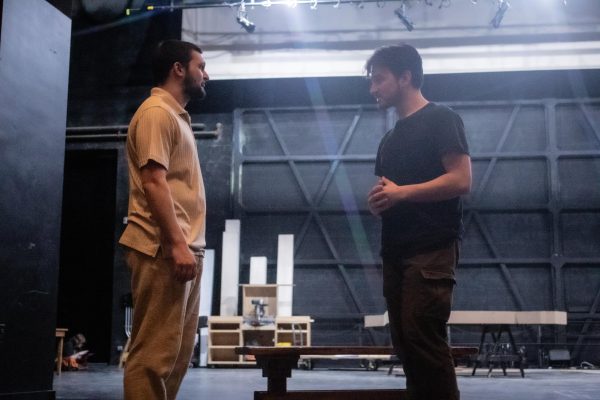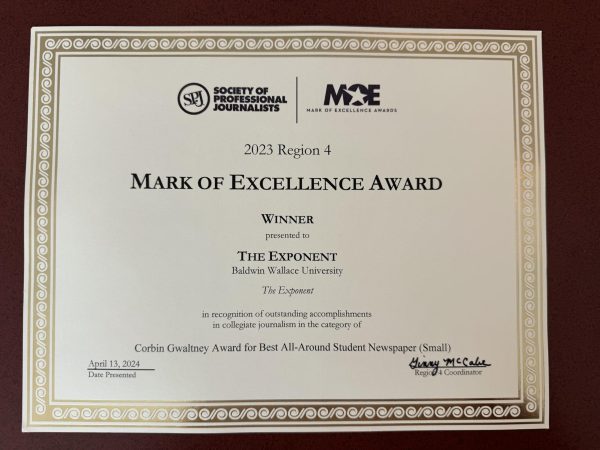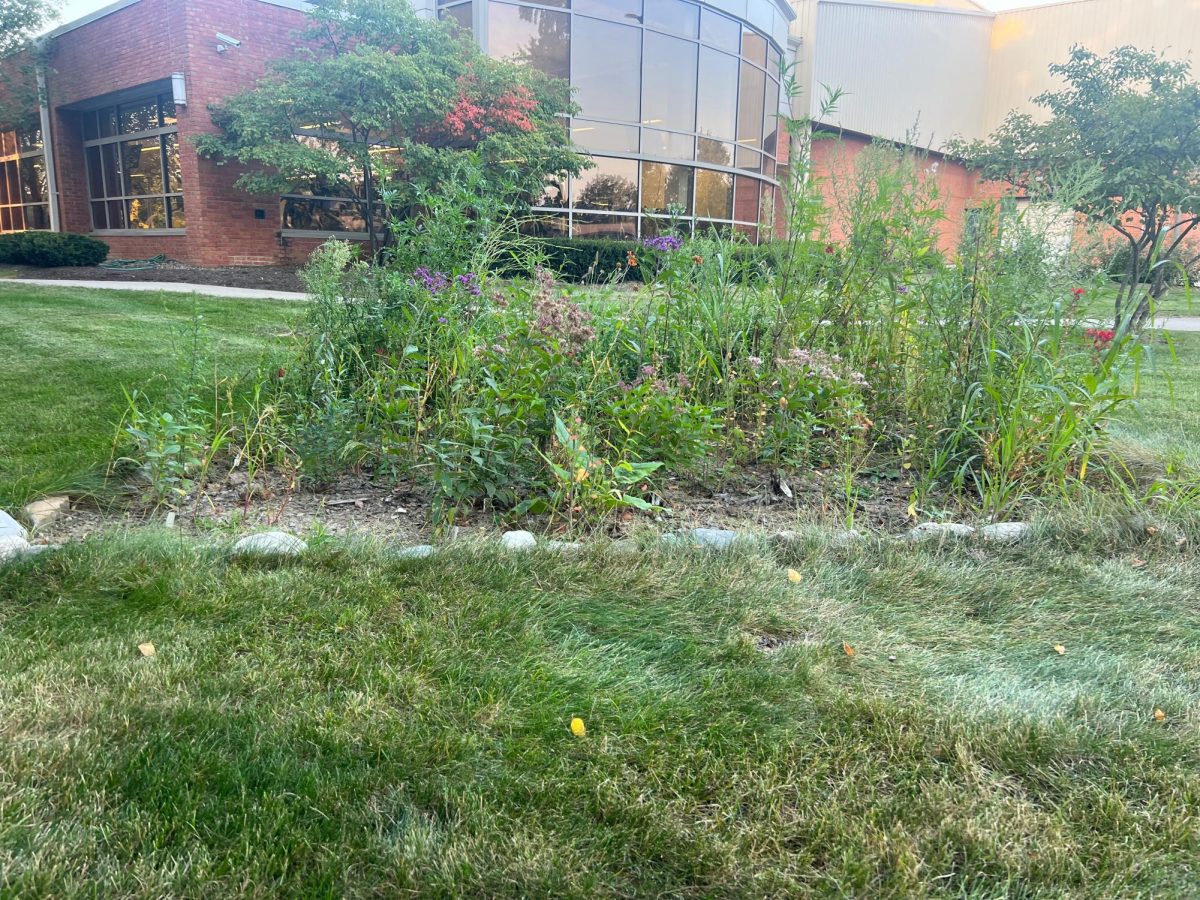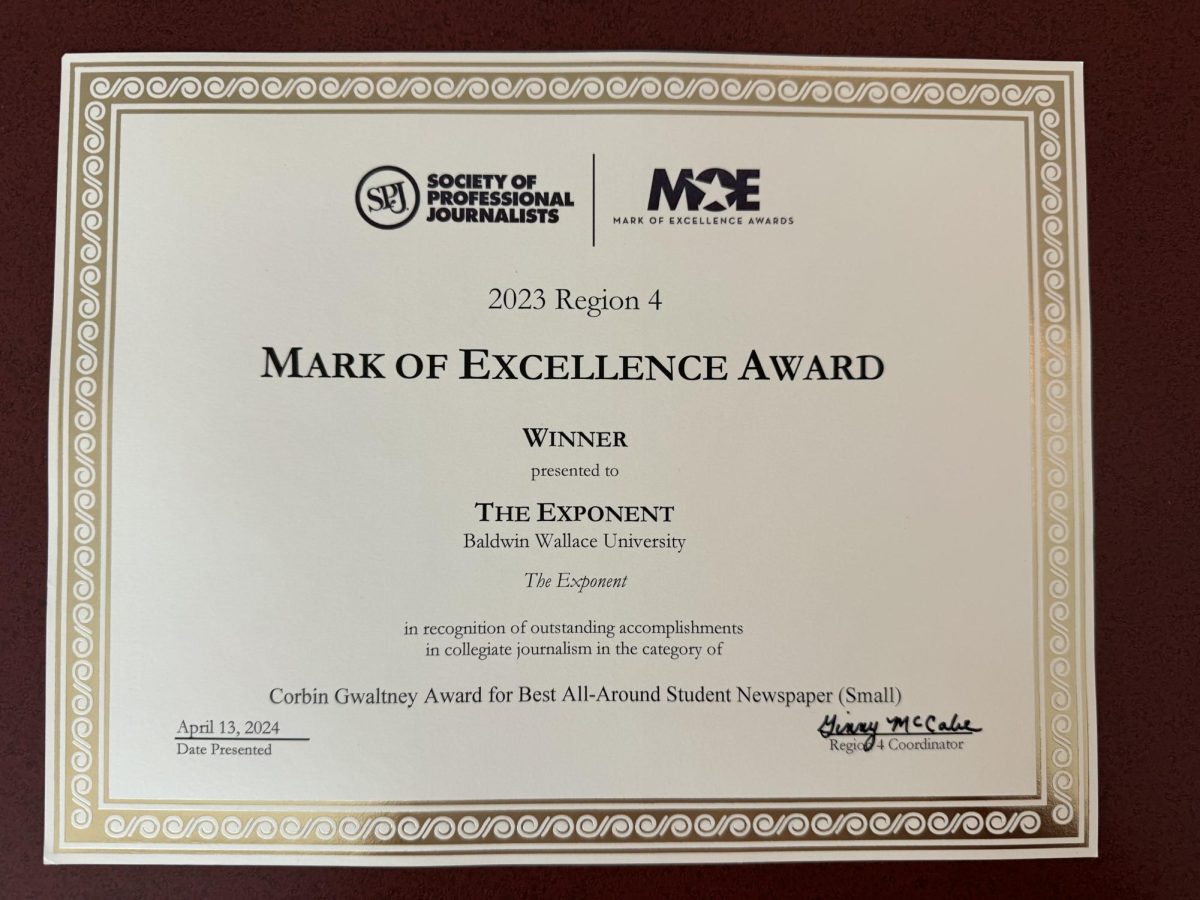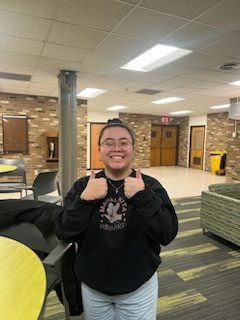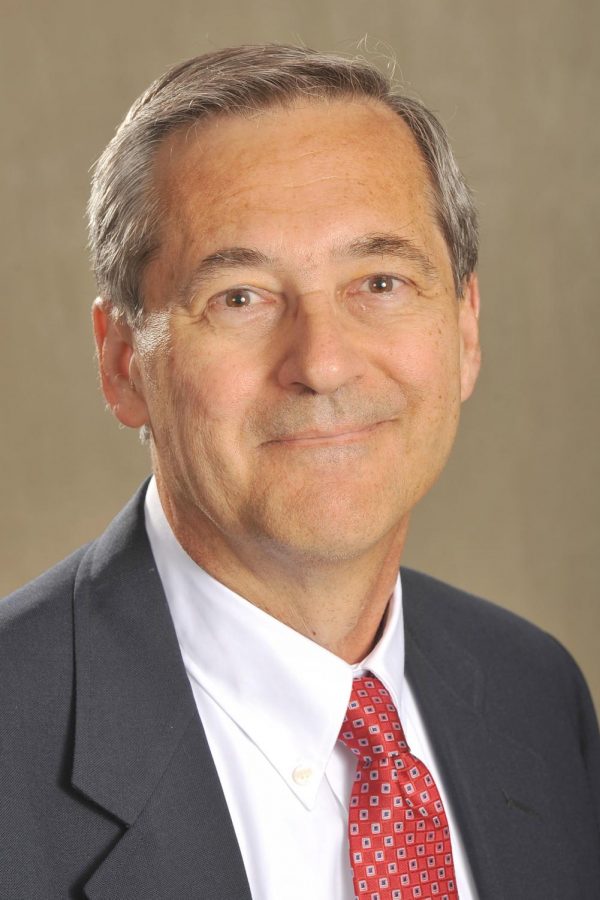Education professor publishes book about fake news
In October 2017, Dr. Robert Janke, professor of education at BW, and Dr. Bruce Cooper, professor of education leadership, administrations, and policy at Fordham University in Michigan, released their newest book, “News Literacy.”
According to Janke, the book actually serves as a supplement to the pair’s 2014 release, “Errors in Evidence-Based Decision Making,” although with some critical transformations.
Where “Errors” was centered around research published in academic journals and the techniques scholars should employ when analyzing papers and procedures, “News Literacy” expands to the world of news media and techniques that the general public should employ when evaluating a wide spectrum of information.
According to Janke, the term “fake news” refers more to the ways in which information can become manipulated.
“Fake News is intentionally done to distort, to get a desired effect. That is the difference. There’s an intentionality with it that distinguishes that from simply inaccurate or erroneous information,” he said.
‘Fake’ literally comes to mean, according to Janke, information that is inaccurate, irrelevant, and insufficient.
Janke also said that he recognizes the ways in which the term “Fake News” is changing, and taking on, as he calls it, a weaponized form.
“[Fake News] is starting to… attack anything that is contrary to what you believe… attempting to discredit
sources of contrary information, attempting to ignore sources by this label,” he said.
“Attacking the press as the enemy of the people is not a good thing. You can say [you] disagree with them, but you don’t say [they’re an enemy] because the press is the protector for us.”
Previously, Janke has served on various program administration boards, served as a certified school psychologist,
and conducted various diagnostic studies of students in middle school and high school.
He said that one of the main ways that the growing distrust between the public and news media may be rectified might come in the form of education reformations, or at least a greater emphasis on the critical analysis and evaluation of all forms of information.
“The hope is that with education, people acquire better and more accurate knowledge and information on how to process what’s going to be shown to them. The challenge is going to be making sure we can adequately prepare our future citizens to make those decisions,” he said.
Janke said that he believes that, in the realm of education, courses dedicated to the examination and evaluation of information, starting in middle school and extending into collegiate studies, is one potential way to prepare students for future civil involvement.
Janke also recognizes another hidden aspect of developing the skillset for critical analysis in students: it is also
an interpersonal disposition. One must be open to evaluating information that may contradict or oppose one’s internalized beliefs, and be willing to modify his or her stances so as to make decisions that benefit the community
as a whole.
To help spread his thoughts regarding the state of news literacy in America, Janke has also recently posted an opinion piece on Cleveland.com, and will be hosting a short news literacy series in conjunction with the Cuyahoga County Library in March.
The Exponent is looking for financial contributions to support our staff and our newsroom in producing high-quality, well-reported and accurate journalism. Thank you for taking the time to consider supporting our student journalists.


